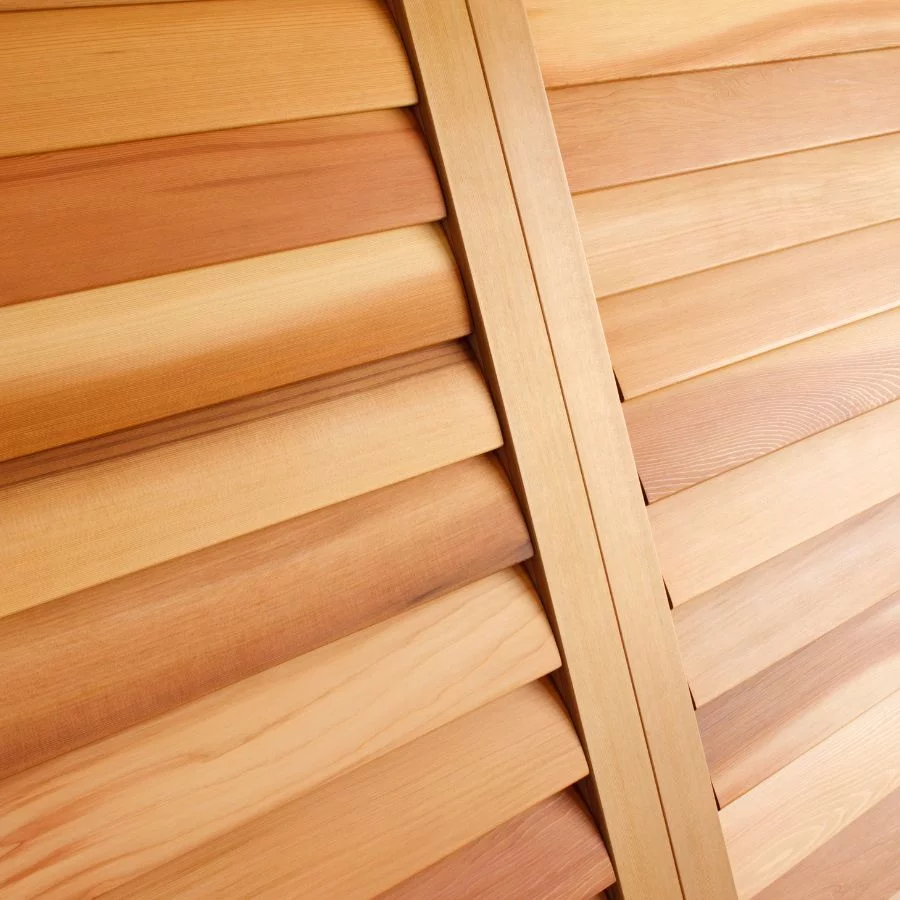 Plantation blinds are a popular window treatment option that can add a touch of elegance to any home.Â
Plantation blinds are a popular window treatment option that can add a touch of elegance to any home.Â
What are Plantation Blinds?
Plantation blinds, also known as plantation shutters, are interior shutters with wide louvers, typically 3-1/2 to 4-1/2 inches wide. They are the most popular style of shutter across the country as the larger louvers give the shutters an elegant look, making them perfect for dining rooms and bedrooms while translating to casual rooms like dens and kitchens at the same time. Plantation shutters are a striking addition to any home and offer many short-term and long-term benefits.
Benefits of Plantation Blinds
Plantation shutters are designed to be able to stand the elements. They don’t get warping, breaks, or discoloration that you would typically see with blinds or curtains. Thus, it makes your investment worthwhile. When selling or even renting, all prospective buyers and renters pay attention to the window coverings in terms of expensive future maintenance, repairs, or, at worst, replacements. However, seeing Plantation Shutters provide a sign of relief as the new residents will have to worry far less about upkeep because they know that plantation shutters are in for the long haul.
Plantation Blinds are great for privacy
Most types of shutters, especially Interior Plantation Shutters, help you to block off the inside view of the house to prying eyes while still allowing light to come into each room. And like curtains and blinds, you still have the flexibility to open and close your shutters as you like. Safety is one of the big points of owning a house. More and more people are investing in technology to help improve privacy and deter thieves and vandals. However, those measures are expensive, but Plantation Shutters help to add another layer of safety that curtains and blinds can’t while being incredibly affordable.
Plantation Blinds are eco-friendly while providing value to your property
Adding eco-friendly features to your home might enhance its attractiveness to potential purchasers. Plantation shutters are eco-friendly because they are composed of natural materials. Additionally, they use less energy, which might lower your energy costs.
A beautiful accent to any house, plantation shutters provide numerous immediate and long-term advantages. They provide insulation and light control, are simple to clean, and are wonderful for privacy. The best part is that they enhance the value of your home in a number of ways and are more reasonably priced than you may have imagined. Plantation shutters can be a powerful selling feature when it comes to selling your house. When looking for a new house, they are a common feature that many homebuyers consider important.
Choosing the Right Plantation Blinds for Your Home
Considerations for plantation blinds in your house include the following. You must choose the material first. Wood, vinyl, and composite are just a few of the materials that can be used to make plantation shutters. The most common option is wood shutters since they have a traditional appearance and feel. Since vinyl shutters are less expensive, they’re a fantastic choice for people on a tight budget. The finest of both worlds are combined in composite shutters, which combine vinyl and wood.
The color is the next thing you must choose. White, off-white, and natural wood tones are just a few of the colors that plantation shutters come in. Due to its simple, timeless appearance, white is the most chosen color. Nonetheless, space can get character and warmth from the natural wood tones.
Lastly, you have to choose the louver’s size. There are three and four-inch plantation shutter sizes among the several that are offered. Your window size and desired level of light penetration will determine the size of the louvers you select.Â
To sum up, plantation blinds are a fantastic option for homeowners wishing to give their houses a little extra class. In addition to energy efficiency, privacy control, light management, and increased property value, they provide a host of other immediate and long-term advantages. To guarantee you receive the ideal fit for your house, take into account the material, color, and size of the louvers when selecting plantation blinds.
Â



